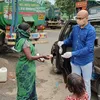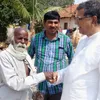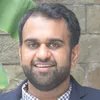This free teleconsultation app aims to make COVID-19 healthcare accessible to all
Swasth app is a result of the collaborative efforts of doctors, healthcare facilities, and healthtech apps to make COVID-19 healthcare accessible and affordable.
What once would elicit responses of ‘bless you’, a sneeze now triggers fear as the world grapples with the coronavirus crisis. The pandemic has so far claimed more than 480,000 lives globally, with more than 9.4 million positive cases. Due to lockdown relaxations, the number of positive cases in India is increasing by leaps and bounds.
On March 25, 2020, India made relaxations to the Telemedicine Practice Guidelines and made it legal to provide teleconsultation by medical practitioners, with certain restrictions. Taking advantage of this, experts from the healthcare and healthtech organisations have volunteered to create an app for free teleconsultation in these difficult times.
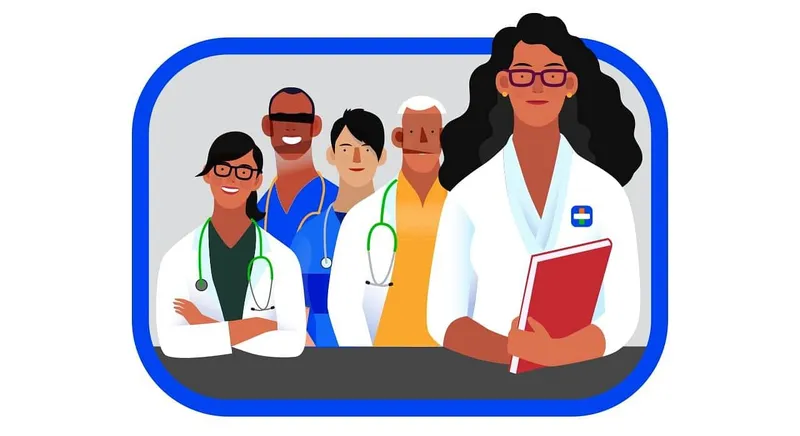
Swasth is a not-for-profit, voluntary consortium of 100+ members representing stakeholders in the healthcare sectors that have come together to work in coordination with the government and the medical council to expand quality healthcare access to the masses.
“The idea was to empower 1.3 billion people to conveniently reach out to a doctor for their COVID-19 queries,” Dr N K Jairam tells Social Story. “With the increasing anxiety in the population, there was an overburdening of healthcare infrastructure. Telemedicine seemed to be the absolute solution to that problem.”
User-friendly app
Officially launched on June 24, Swasth aims to provide an effective telemedicine platform to bring quick and affordable for COVID-19 related healthcare. The platform has more than 2,000 doctors registered on the database who can provide both audio and video consultation to the patients. The app is available in three languages at the moment – Hindi, English, and Gujarati.
“People with smartphones and the internet can easily access this app, which has been designed to create a seamless interaction between the doctor and the patient,” says Theygarajan S, Product Manager at Cultgear (part of ).
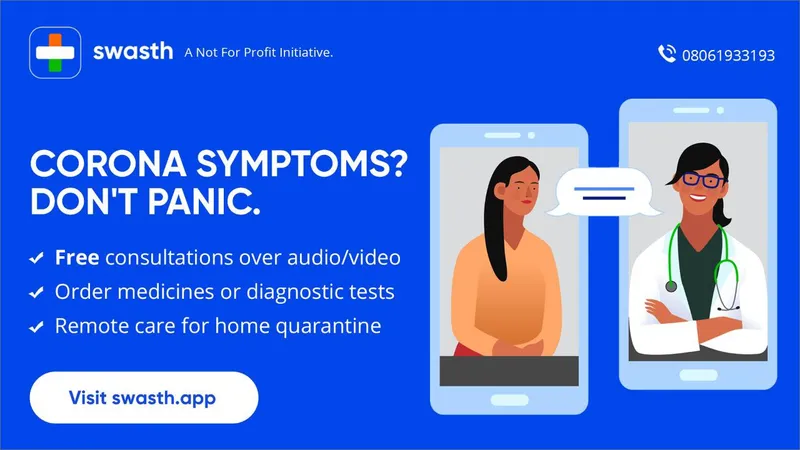
“The patient can log on to the app and answer a few AI-generated questions affiliated with the ICMR guidelines pertaining to COVID-19 assistance. The AI evaluates the answers to determine the COVID-19 risk and goes on to place a request for a consultation, if needed,” he adds.
The doctors will then be put in touch with the patient via either video or audio consultation. The doctors, who are registered on the app, complete a course which is approved by the medical council of Karnataka to ensure high standards.
“This course that has been created requires the doctor to understand how to manage these patients and also maintain the standard of the app irrespective of which doctor picks up the call,” Dr Jairam adds.
In addition to teleconsultation, the app also provides a feature where the patient can find the nearest pharmacy around them and place an order online or through a phone call. It also locates the nearest diagnostic centre to get tests from the comfort of your home.
In villages and remote areas, the team is trying to ensure that the audio teleconsultation becomes accessible. With medical facilities located miles away, teleconsultation stands as a primary solution for people living in the rural parts of the country.
In its beta testing phase, the app was put to test by more than 60,000 people, resulting in high user satisfaction ratings. It also received positive reviews from the doctors registered on the app.
United against COVID-19
The Swasth app is a combined effort that has united more than 100 competitors in the healthcare sectors of the country – including private hospitals, healthtech startups, renowned doctors, business leaders, public health and policy experts – against the novel coronavirus pandemic.
“We came to realise that the entire private healthcare sector needed to join forces to cope with the pandemic,” says Prashant Tandon, Co-founder of . “Despite the many healthtech competitors, we formed one simple, cohesive alliance that brings free medical consultation for COVID-19 to the table.”

Infosys Co-founder Kris Gopalakrishnan, Manipal Group’s Ranjan Pai, iSPIRT’s Sharad Sharma, Apollo Hospital’s Shobhana Kamineni, former Bill and Melinda Gates Foundation executive Nachiket Mor, and Accel’s Subrata Mitra are leading the efforts of the non-profit and form the governing council.
The project team includes co-founders of healthcare apps, businesses, and medical practitioners including – Mukesh Bansal (CureFit), Prashant Tandon (1MG), Shashank N D () Hari Thalapalli (), Dr N K Jairam (Columbia Asia), Pankaj Sahni (Medanta), Yashish Dahiya (), and Neeraj Agarwal (xto10x Technologies).
Funding
“We can define the financing of this initiative with at least three aspects concerning our app – a monetary grant, the time and energy of the volunteers and NGOs, and the donation of the technology by the top healthtech players,” says Prashant.
ACT Grants is a Rs 100-crore initiative created by India’s startup community to actualise the ideas that can combat the pandemic. Of that, 10 percent – that is, Rs 10 crore – was given to the development and execution of the Swasth app.
There were about 200 volunteers who were working almost on a full-time basis, spending their energy and efforts to build the app.
“Being a part of this initiative, there are two things that stood out to me – the amazing coalition within the industry intending to do good, and the breakthrough healthcare development that can change the face of COVID-19 in India,” says Saswati Roy, a volunteer at Swasth.
The code donated by the various healthtech players, making Swasth app an open-source platform, played a crucial role in the app developments.
In the coming days, the team also plans to open a crowdfunding option for other users to help those who cannot afford the available medical facilities to combat the virus.
The team plans to continue their journey beyond the COVID-19 pandemic. They are also looking into the other methods of assessing a patient, as merely talking to a patient may not suffice. Additionally, they plan to help patients identify the available beds for quarantine through the app.
“We have envisaged a platform where any healthcare worker can get hooked onto it, and healthcare is remotely accessible,” says Dr Jairam.
Edited by Kanishk Singh


